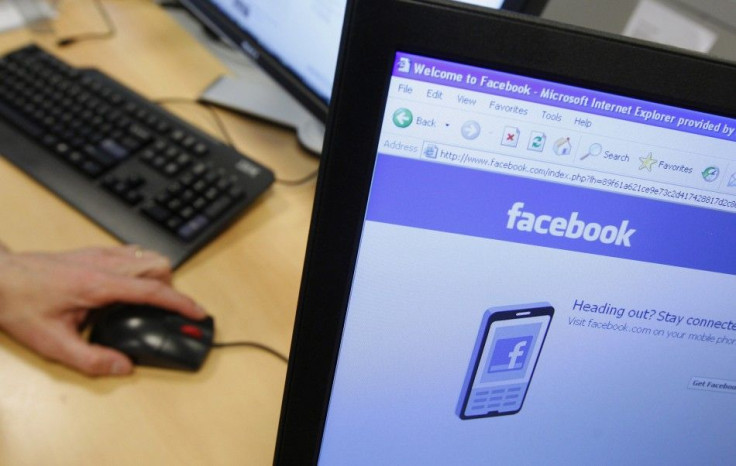Kawasaki Disease Diagnosed on Facebook, Saves Boy's Life [VIDEO]

Those Facebook messages were a catalyst, says Deborah Copkaken Kogan, a mother who shared her son's alarming symptoms of a mysterious illness, she says, with more than 1,400 friends friends and family on social network, Facebook, which has more than 750 million members.
She also wrote her experiences in an essay that she published in Slate Magazine, as a contributor, How Facebook Saved My Son's Life. Kogan says miraculously Facebook helped diagnose her son with a rare disease called Kawasaki Disease. Kogan's former neighbor, her pediatrician friend and her pediatric oncologist cousin all suggested that Kawasaki Disease could've been causing strange symptoms to her son, Leo, after she share a number of photos on Facebook while at the hospital.
Dr. Nancy Snyderman, NBC's chief medical editor, said, These kids get sick fast. Only about one percent of kids die from this inflamatory disease, but the risk is the long-term risk to blood vessels and heart disease.
Kogan, said her 4-year-old son, Leo, had a rash that his school reported as strep. While at the hospital waiting for her son's visit with the doctor to conclude, Kogan placed a note on Facebook, along with a photo of her son on the exam table. It was Mother's day morning, Sunday morning, and Leo woke up with a rash, Kogan wrote in her essay.
Kogan went on to say, I'm waiting in the waiting room, feeling a little bored. I snapped a photo of my son ...and I said something like, 'Nothing says Happy Mother's Day Like a Sunday morning at the Pediatrician.' Kogan said the doctor gave her a perscription for amoxilcillan and she filled it shortly after leaving the hospital and posting photos on Facebook.
She then shared her son's progress, or lack of, with her Facebook Friends - only Max, her son, was getting worse. Two of Deborah's Facebook Friends saw his condition, listed symptoms, and called, explaining that she needed to get him back to the hospital immediately, because he had, Kawasaki Disease, a rare condition described as involving inflammation of the blood vessels that affects at least 3,000 kids in the United Sates - also common among most Japanese and Korean children.
Possible symptoms of Kawasaki Disease include:
- Extremely bloodshot or red eyes
- Bright red, chapped, or cracked lips
- Red mucous membranes in the mouth
- Strawberry tongue, white coating on the tongue, or prominent red bumps on the back of the tongue
- Red palms of the hands and the soles of the feet
- Swollen hands and feet
- Skin rashes on the middle of the body
- Peeling skin in the genital area, hands, and feet (around the nails, palms, and soles)
- Swollen lymph nodes, particularly in the neck area
- Joint pain and swelling, frequently on both sides of the body
Other symptoms include, diarrhea, vomiting, cough, runny nose, and irritability are also common.
In 2010, the American Medical Association adopted social media policy guidelines, which encourage doctors to do things like take advantage of privacy settings and maintain the appropriate boundaries of the patient-physician relationship on the web.
While the disease can mimic many common illnesses, like the flu or strep throat, according to the National Institutes of Health, classic signs include a fever of 102 °F or greater, lasting for as long as five days or two weeks. However, there are other symptoms that can also give away the identity of the condition.
Deborah described the crowd sourced diagnosis as a miracle, and adds that her social network gave her a sense of humanity.
Kogan on NBC's Today Show speaking about her experience:
Visit msnbc.com for breaking news, world news, and news about the economy
© Copyright IBTimes 2024. All rights reserved.





















